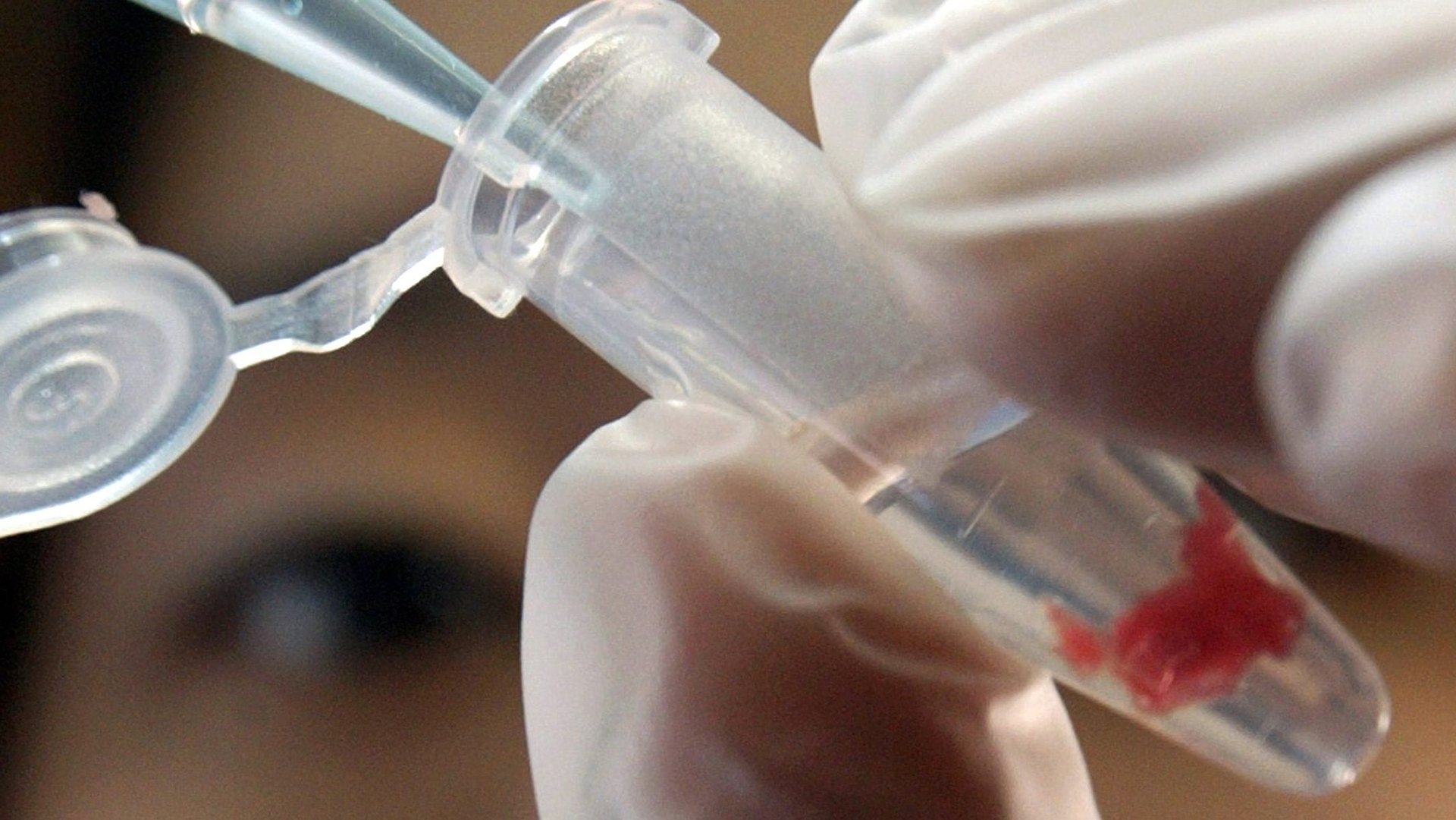DNA testing means forced fatherhood as states limit abortion
Before Roe v. Wade, if an unmarried women got pregnant and told her boyfriend about it, he might make a chilling “joke” about shaming her and abandoning all responsibility, author Ursula Le Guin recounts in the autobiographical essay “What It Was Like”:


Before Roe v. Wade, if an unmarried women got pregnant and told her boyfriend about it, he might make a chilling “joke” about shaming her and abandoning all responsibility, author Ursula Le Guin recounts in the autobiographical essay “What It Was Like”:
When you tell your boyfriend you’re pregnant, he tells you about a friend of his in the army whose girl told him she was pregnant, so he got all his buddies to come and say, “We all fucked her, so who knows who the father is?” And he laughs at the good joke…
Several US states have recently passed bills to restrict abortion rights that essentially turn the clock back to the era before the landmark Supreme Court decision, making abortion illegal in nearly every circumstance. Ultimately, women may find themselves in a pre-Roe v. Wade America, where they must risk their life with an illegal abortion, or have a baby they don’t want and face a lifetime of poverty as a result.
But this time, the men who got them pregnant won’t be able to wash their hands of the situation like they did in Le Guin’s youth. That’s because one very important thing has been invented since the pre-Roe v. Wade era—inexpensive, readily available and reliable DNA testing.
The adoption of DNA tests since they first appeared in the early 1980s “really has transformed paternity testing,” says Michael Baird, a genetics expert who pioneered the commercial use of DNA testing and now serves as the chief science officer for DNA Diagnostics Center. When a man is identified as a parent with a modern DNA test, “the odds of him not being the father are in the hundreds of millions to billions to one,” Baird says. The tests are so accurate that it is “rare that you have to go to court to testify anymore.” Baird estimates some half a million DNA tests are conducted every year in the US to establish parentage.
If women in America are going to be forced into motherhood by restrictive abortion bills, men in America will be forced into fatherhood as well. Every one of the US’s 50 states has some form of child support law saying the biological parent of any baby needs to financially support that child, whether he or she wanted to be a parent or not. Moving from one state to another won’t help, thanks to another shift from the Roe v. Wade era—in 1992, the US passed a federal law that makes it a criminal felony to fail to pay child support for two years or more, punishable with time in prison.
The modern push to outlaw abortion in the US could thrust American men into an entirely new, untested role. For most of history, men around the world have been largely free to avoid taking responsibility for unwanted pregnancies that they caused.
Nara Milanich, a professor of history at Barnard College and author of Paternity: The Elusive Quest for the Father, says that in the 19th century—in France and other countries following civil law—paternity verification was outlawed, with the rational that it was impossible to determine for sure, and that there was no need to bring up scandalous subjects such as sex and children born outside wedlock into a court.
In the 20th century, paternity investigations were liberalized both for ethical reasons (so that women could share the burden of child-rearing outside wedlock) and economic (sparing poverty to otherwise fatherless children). Paternity trials that featured testimonies of the mother and alleged father, and of their family and witnesses to their relationship, became somewhat common. Sometimes artists were called to give their “expert assessment” of the resemblance between the alleged father and child. Still, until the end of the 20th century the assumption that paternity was essentially an unknown went practically unchallenged, Milanich says.
Prior to the 1970s, says Milanich, when the HLA (Human Leucocyte Antigene) test was developed, there was essentially no way to conclusively determine fatherhood. Even the HLA test, which had about 90% accuracy, wasn’t widely used. After DNA testing became common and accepted as conclusive evidence of paternity, some even debated the fairness of “forced fatherhood.”
Do men “now have less reproductive autonomy than women?” Laurie Shrage, a professor of philosophy and women’s studies, wondered in 2013. “Should men have more control over when and how they become parents, as many women now do?” she wrote, citing women’s ability to choose to have an abortion.
As states take that choice away from women, that debate now seems quaint. As restrictive abortion bills spread around the country, neither men nor women will have control, leaving the government in charge of who becomes parents.